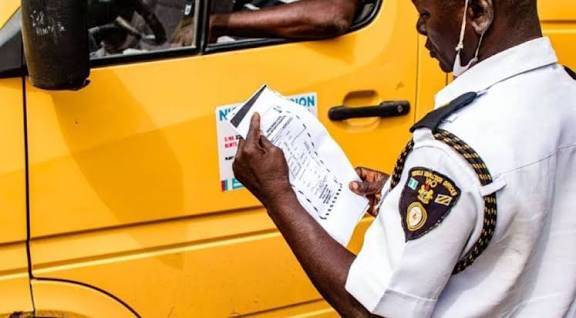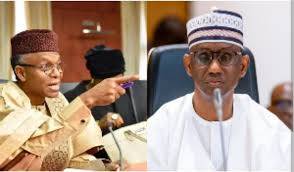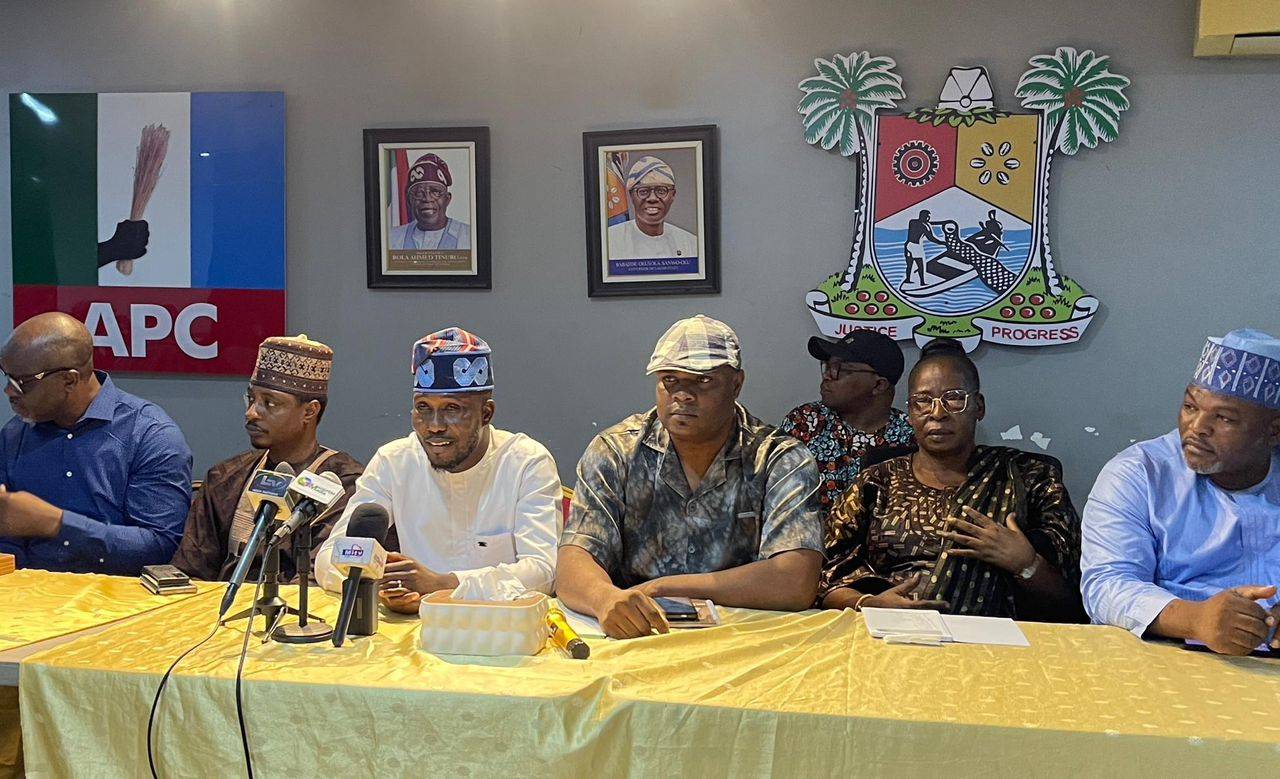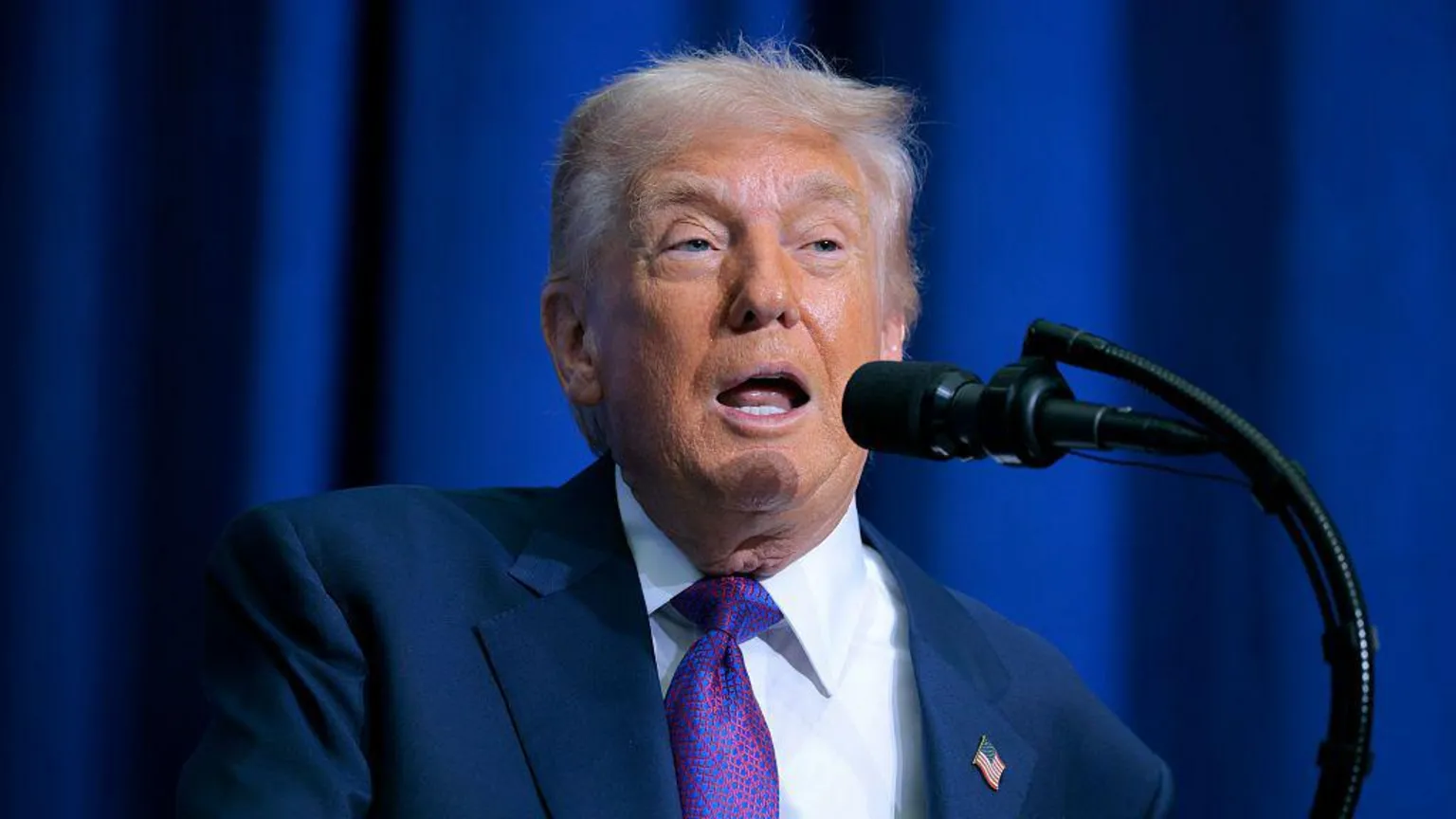…Concerns over under-utilisation of nation’s hydro resources
The need to maximise the nation’s hydropower potential resurfaced yesterday, amid non-payment of market receivable to generation companies as an investment in the two hydropower plants hits N100 billion.
The investments standing at N98.3 billion ($240 million) were made at the Kainji and Jebba dams by Mainstream Energy, which entered into an agreement with the Federal Government about eight years ago to resuscitate the plants.
Speaking, yesterday, in Abuja at the contract signing ceremony for the rehabilitation of Unit 1G9 and installation of Units 1G3 and 1G4 on Kainji Hydropower Plant with Power China Huadong Engineering Corporation Limited, industry experts canvassed a strong policy framework that would unlock the nation’s hydro resources.
They equally asked the Federation to improve access to the national grid, review concession fees in the sector, create special foreign exchange allocation for the sector and ensure prompt clearing and settlement of equipment.
Minister of Power, Abubakar Aliyu, said the current investment signified progress in electricity generation in the country, saying that additional capacity will be witnessed in the national grid while supplying the West African Power Pool.
Represented by the Managing Director of Rural Electrification Agency, Ahmad Salihijo Ahmad, Aliyu noted that the new effort aligns with the government’s agenda, especially in increasing the contribution of renewable energy to the national grid.
Chairman of Mainstream Energy, Sani Bello stated that the long delays in the payment of invoices caused severe impairment to the GenCos’ balance sheet and in turn posed a threat to the long-term sustainability of a business.
Bello said: “Inadequate access to the grid leads to wear and tear of our turbines, which affects their performance and lifespan of our machines.”
Regrettably, most of the equipment required for the rehabilitation, installation and continued maintenance of our turbines are still being produced outside of Nigeria. We implore the Federal Government to consider a special allocation of foreign exchange to the power sector to alleviate the waiting period.”
He added that although the revenues of the company are largely in naira, the concession fees remain in dollars, leaving the company exposed to huge losses on the exchange rate.
Bello noted that addressing critical challenges would go a long way in providing an enabling business environment for the Nigerian Electricity Supply Industry, which plays an immeasurable role in promoting the growth and development of the Nigerian economy.
Managing Director of the company, Lamu Audu noted that since the commencement of operations, the company has recovered a total of 542MW from both Kainji and Jebba HPPs.
According to him, the recent completion of the recovery of Kainji Unit 1G7 would add 80MW to the national grid, therefore, bringing the firm’s total available capacity to 1002MW.
With a total investment of approximately $62 million made in capacity recovery, he said another $68 million is to be spent on ongoing projects at Jebba Hydropower Plant for the overhaul of Unit 2G5 & recovery of Unit 2G6, which would put an additional 192.8MW to the Grid.
The Director-General, Bureau of Public Enterprises (BPE), Alex Okoh, said the expansion programme remained proof that the power sector privatisation was yielding results.
He said the concession performance agreement done by BPE and the National Council on Privatisation in 2019 shows the firm was performing as expected.











